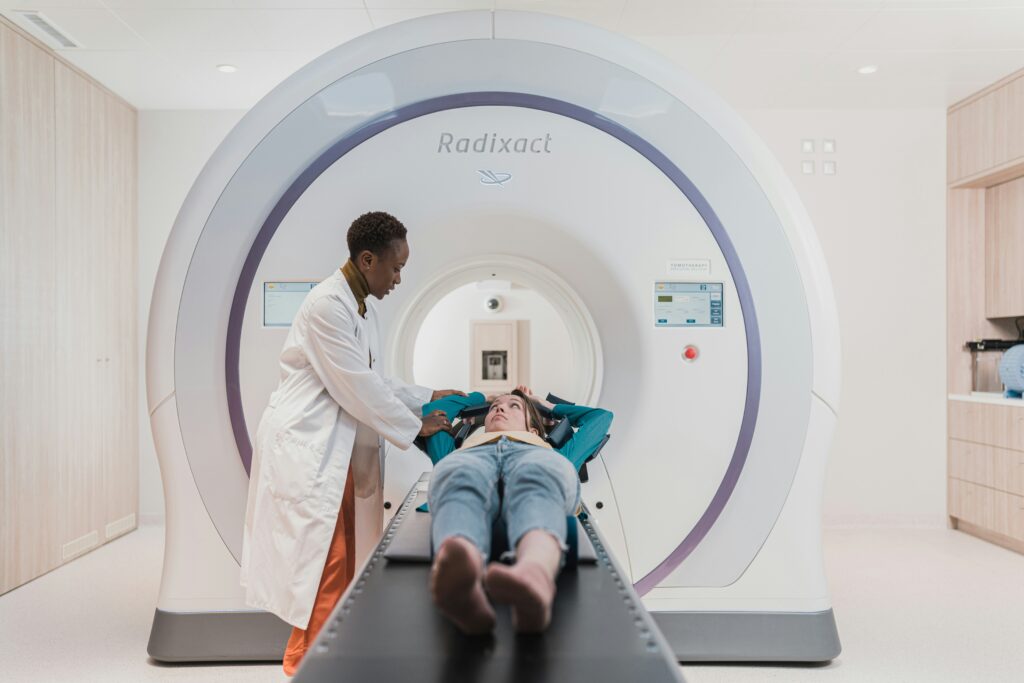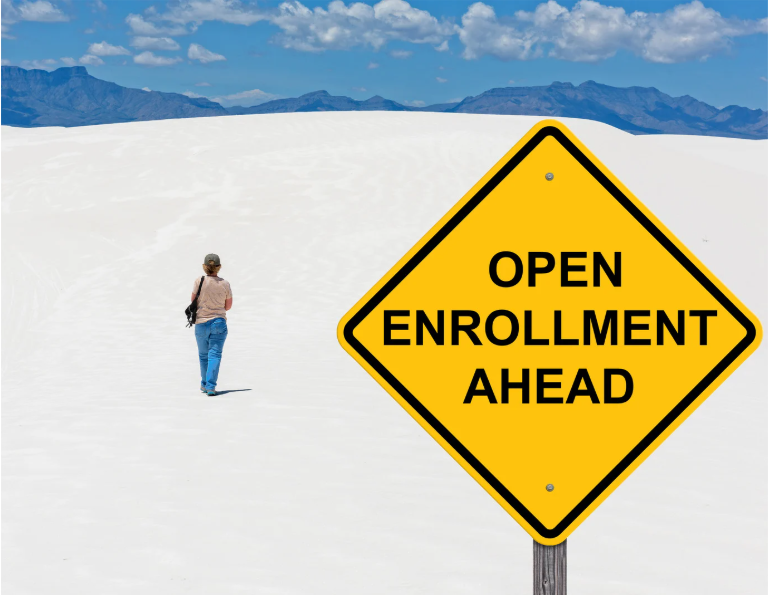Are You Up to Date on Your Preventive Care?
Making healthy choices can help you avoid many chronic diseases and lower your risk of severe illness from infectious diseases, such as the flu and COVID-19. However, healthy behaviors are only part of the picture. Getting routine preventive care can help you stay well and catch problems early.
Get Regular Medical and Dental Checkups
Regular checkups are separate from any other doctor’s visit for sickness or injury. In addition to physical exams, these visits focus on preventive care, such as:
Knowing Your Family Health History:
Family health history is a record of the diseases and health conditions in your family. You and your family members share genes and may also have common behaviors, such as your physical activity and dietary preferences. You may live in the same area and come into contact with similar harmful environmental factors. Family history includes all of these factors, any of which can affect your health.Screening Tests:
These are medical tests that check for diseases early, when they may be easier to treat.Preventive Services:
Services like vaccines (shots) that improve your health by preventing diseases and other health problems.Dental Cleanings:
Regular dental visits are crucial for maintaining oral health.Education and Counseling:
These visits help you make informed health decisions.
If you have a family history of a chronic disease, like cancer, heart disease, diabetes, or osteoporosis, you’re more likely to develop that disease yourself. While you can’t change your genes, you can change unhealthy behaviors that lead to chronic diseases—like smoking, poor nutrition, physical inactivity, or excessive drinking. If you have a family health history of disease, you may have the most to gain from lifestyle changes and preventive care practices, like regular checkups, vaccinations, and screening tests.
Talk to Your Family and Your Doctor
Talk to your family and write down the names of close relatives from both sides of your family—parents, siblings, grandparents, aunts, uncles, nieces, and nephews. Include information on major medical conditions, causes of death, age at disease diagnosis, age at death, and ethnic background.
Your doctor can help you take steps to prevent certain health conditions and chronic diseases or catch them early when they’re easier to treat. You can use My Family Health Portrait to keep track of your information. Be sure to update this information regularly and share what you’ve learned with your family and your doctor.

Stay Up to Date on Cancer Screenings
Cancer screening means checking your body for cancer before you have symptoms. Getting screening tests regularly may find breast, cervical, and colorectal (colon) cancers early, when treatment is likely to work best. Lung cancer screening is recommended for some people who are at high risk.
Breast Cancer Screenings:
Breast cancer screening can’t prevent breast cancer, but it can help find it early when it’s easier to treat. Talk to your doctor about which breast cancer screening tests are right for you and when you should have them.Cervical Cancer Screening:
The Pap test can find abnormal cells in the cervix that may turn into cancer. It can also find cervical cancer early, when the chance of being cured is high. The HPV test looks for the virus (human papillomavirus) that can cause these cell changes.Colorectal (Colon) Cancer Screening:
Colorectal cancer almost always develops from precancerous polyps (abnormal growths) in the colon or rectum. Screening tests can find these polyps so they can be removed before they turn into cancer. They can also find colorectal cancer early when treatment works best.Lung Cancer Screening:
Yearly lung cancer screening with low-dose computed tomography is recommended for people aged 50 to 80 who have a history of heavy smoking and smoke now or have quit within the past 15 years.
Get Vaccinated
Vaccination is one of the safest and most convenient ways to protect your health. Vaccines offer protection in different ways, but they all help your body remember how to fight a specific infection in the future. It typically takes a few weeks after vaccination for the body to build up that protection.
On-Time Vaccination Throughout Childhood:
This is essential because it helps provide immunity before children are exposed to potentially life-threatening diseases. Vaccines are tested to ensure they are safe and effective for children to receive at the recommended ages.Adults Need to Keep Their Vaccinations Up to Date:
Immunity from childhood vaccines can wear off over time, and adults are at risk of different diseases as they age.Routine Vaccinations:
See the Child and Adolescent Immunization Schedule and the Adult Immunization Schedule for more information about recommended routine vaccinations.COVID-19 Vaccination:
This vaccination can reduce your risk of severe illness, hospitalization, and death from COVID-19. It is especially important for people with underlying health problems, like heart disease, lung disease, diabetes, and obesity.Flu Vaccination:
The best way to reduce your risk from seasonal flu and its potentially serious complications is to get vaccinated every year. Learn more at Prevent Seasonal Flu. Everyone aged 6 months or older should get a flu vaccine every season, especially people at higher risk.
(All information provided is for educational purposes only. Consult a healthcare professional for personalized health advice.)





